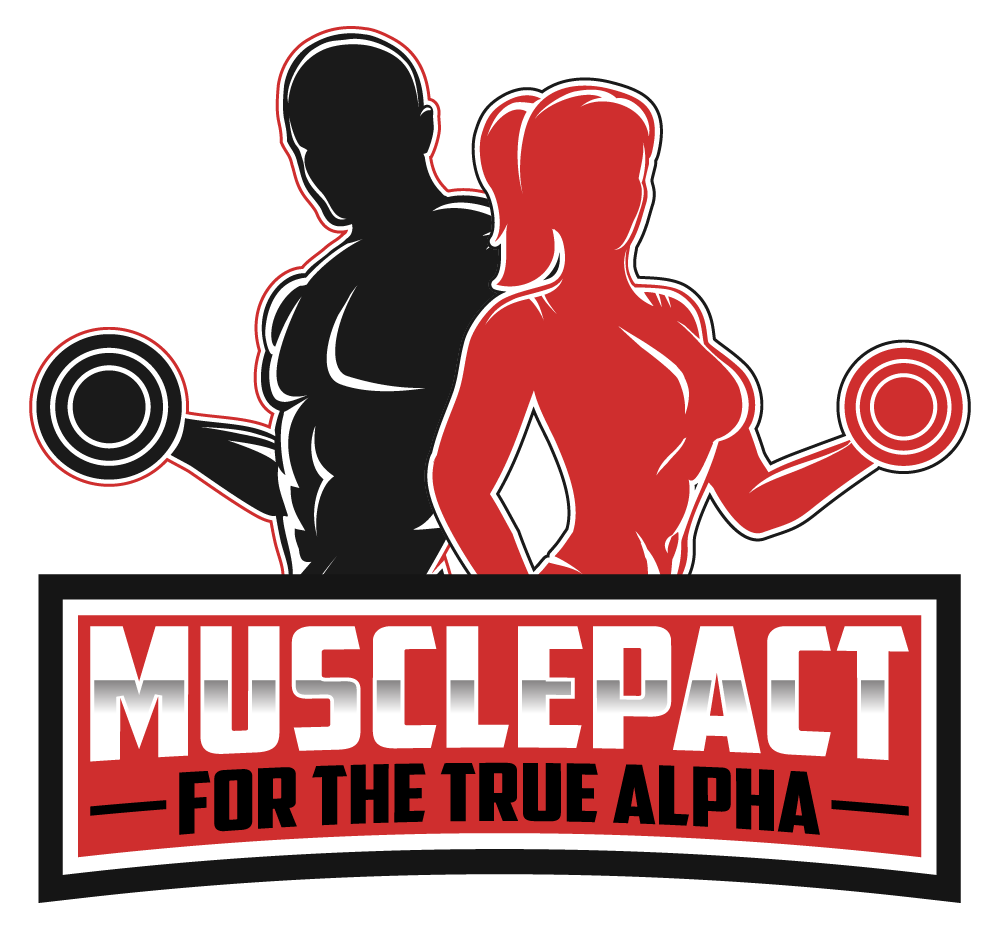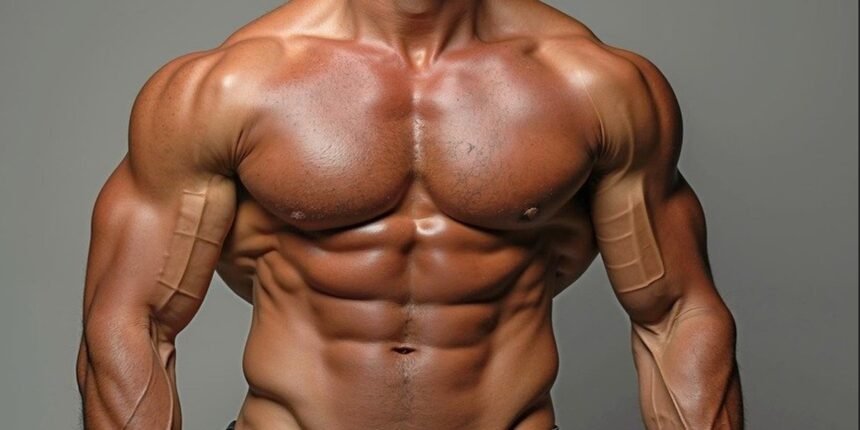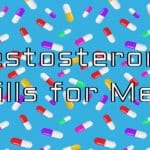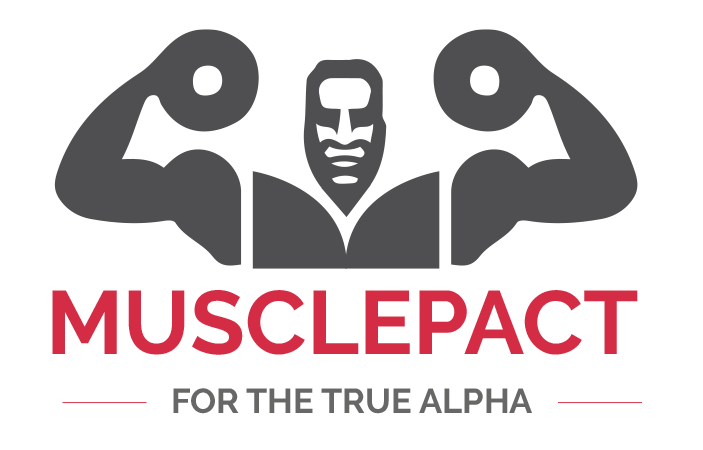Big arms are not made in the gym; massive arms are built in the kitchen. A strategic diet can greatly improve muscle growth, recovery, and overall performance. In this guide, we discuss the key aspects of nutrition required for bigger arms: protein, calories, and macronutrients.
The Importance of Protein for Building Muscle
Protein as the Building Block
When it comes to building muscle, protein is a key element. It is made up of amino acids, the basic building blocks that will help repair the damaged muscle fibers after a workout. Consume sufficient protein each day in order to maximize muscle protein synthesis (MPS).
Daily Protein Requirements
If you are trying to build big arms, an adequate daily protein intake is in the range of 0.35 grams per pound of body weight. For example, if you weigh 180 pounds, you should take 58 grams of protein per day. However, recommended amounts can be fine-tuned by goals, activity levels, and body composition.
Timing and Distribution
Spreading your protein intake across your meals can promote muscle growth. Set a target of minimum protein intake of 30g per meal, as this will be sufficient to stimulate MPS. Particularly after working out, eating protein helps you recover and rebuild muscle.
Overall Caloric Needs
To grow muscle, you need to consume more calories than your body can burn in 24 hours. This calorie surplus is what gives the body the energy to do workouts and recover well. For weight gain, most sources usually recommend eating an excess of caloric intake from 250 to 500 a day, depending on how fast your metabolism is and how active you are throughout the day.
Calculating Caloric Needs
People’s caloric needs depend on many factors — age, sex, weight, height, and activity level. While there are online calculators that can give you a general idea, the best way to see whether you need to change your caloric intake is by tracking changes in your body composition over time.
Importance of Macronutrients for Big Arms
Carbs: The Fuel for Your Workouts
Carbohydrates are essential for providing energy during workouts. They replenish glycogen stores in muscles, which is crucial for sustaining performance during high-intensity training sessions. Aim for complex carbohydrates such as whole grains, fruits, and vegetables, which offer sustained energy release.
A good rule of thumb is that carbohydrates should constitute about 45-65% of your total daily caloric intake when focusing on muscle gain. This means if you consume 3,000 calories a day, approximately 1,350 to 1,950 calories should come from carbohydrates.
Fats: Helps Balance Hormones
Fats are crucial in hormone production and overall health. They ensure that testosterone amounts are in the right levels; testosterone is key for muscle growth. Include sources such as avocados, nuts, seeds, and olive oil. Read more about low free testosterone and how to treat it.
Fats should comprise around 20-35% of your overall caloric consumption. This allows your body to use fat as fuel but reserves protein for muscle growth.

Micronutrients and Hydration
Vitamins and Minerals
Micronutrients, the little guys, are often neglected, which is a shame because they’re vital for optimal health and performance. Vitamins like Vitamin D help with bone health and muscle function. Meanwhile, minerals such as magnesium and zinc contribute to muscle contraction and recovery processes.
Micronutrients come from a variety of fruits and vegetables, so make sure these are a big part of your diet. If your plate has a lot of colors, it means you are consuming different nutrients.
Hydration
Hydration is one of the crucial factors that can make or break your general health and performance. Ideally, you should aim for at least half of your body weight in ounces of water daily, with adjustments that depend on activity levels and climate conditions.
Muscle-Building Foods for Big Arms
Including certain foods in your diet can support your muscle-building efforts even further:
- Lean Meats: Chicken breast, turkey, lean beef.
- Fish: Salmon and tuna provide high-quality protein along with omega-3 fatty acids.
- Dairy: Greek yogurt and cottage cheese offer both whey and casein proteins.
- Legumes: Beans and lentils are excellent plant-based protein sources.
- Nuts and Seeds: Almonds and chia seeds provide healthy fats along with protein.
- Whole Grains: Quinoa, brown rice, and oats serve as great carbohydrate sources.
Conclusion
Big arms take more than just simple exercises; big arms require a comprehensive approach consisting of a smart nutrition strategy as well as the right strength training routine. So, make sure that protein intake is high and eat sufficient calories to gain weight. Also, staying hydrated and balancing carbs and fats is key to proper fueling for intense workouts.
Looking for strong toned arms? Check this Dumbbell Arm Workout. Don’t forget to follow us on Facebook for even more guides.
Sources:
- https://gripzilla.co/blogs/news/what-to-eat-to-get-bigger-arms
- https://www.muscleandfitness.com/nutrition/gain-mass/roadmap-huge-arms-nutrition/
All images from pixabay.com






